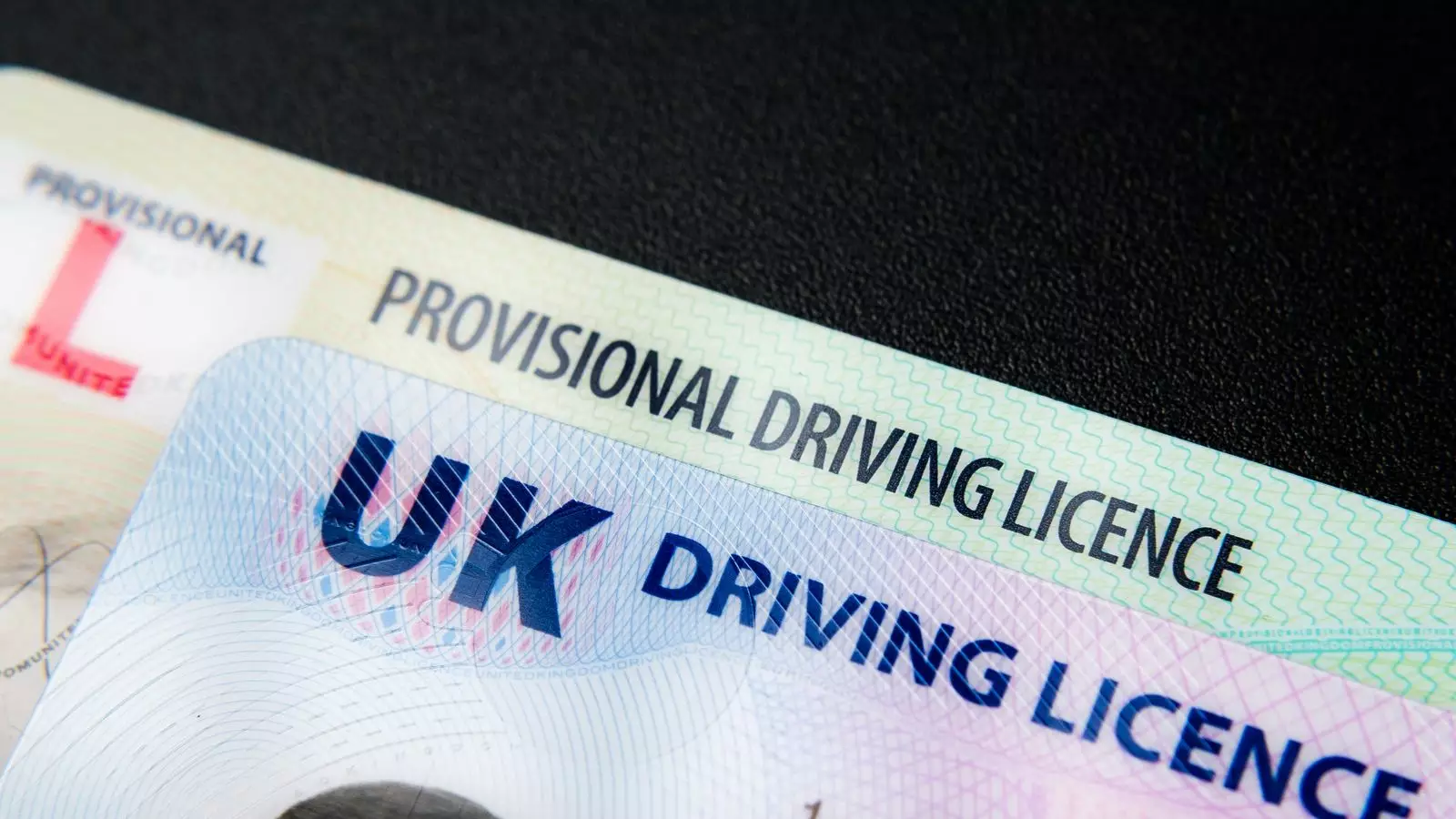The discussion surrounding the introduction of a national ID card system in the UK has resurfaced in recent months, prompting a variety of responses from political leaders, the public, and advocacy groups. Unlike many of its counterparts in the OECD, the UK stands alone as one of the few developed nations without a form of national ID. The ongoing debate is not merely about the implementation of a physical card, but touches upon wider societal implications, economic efficiencies, and civil liberties.
As revealed in recent research, only six out of 38 OECD nations—Australia, Canada, Ireland, New Zealand, the United States, and the UK—lack a national ID scheme. Each of the other countries utilizes some form of identification system, and the differences in how these systems are designed and implemented highlight varied national approaches to identity verification. For instance, many countries, including Chile and Turkey, mandate that citizens carry ID at all times, while others adopt more lenient, optional policies.
The disparity raises critical questions about why the UK has resisted similar measures and what implications this choice could have for governance and public services in a rapidly digitizing world. Amid rising complexity in identity management and verification, the absence of a unified ID system could hinder the UK’s capacity to benefit from technological advances in these areas.
Economic Considerations of a National ID
Proponents of a digital identity scheme, including former Prime Minister Sir Tony Blair, argue for the potential economic benefits that could arise from implementing an ID card system. Blair cites significant cost savings for the Treasury, estimating that the initial expenditure of approximately £1 billion could be recouped through efficiencies and reductions in fraud and administrative costs, potentially saving £2 billion annually.
Furthermore, analysis from McKinsey indicates that the introduction of ID cards could propel the UK’s GDP by 3%, primarily through streamlined bureaucracy and improved access to public services. These potential benefits create a resounding economic argument for considering a national ID system seriously. Without a doubt, the stability and growth of the economy must adapt to current technological capabilities, and ID cards may serve a key role in facilitating this transition.
Despite the touted advantages, the push for digital ID cards has been met with apprehension, particularly concerning civil liberties and the risks of establishing a surveillance state. Critics maintain that mandatory identification systems could lead to increased governmental overreach, eroding individual privacy rights. Given that similar systems have raised alarms in countries with extensive surveillance frameworks, these concerns must be central in discussions about the UK’s ID card options.
The UK government has sought to clarify its position by proposing legislation that emphasizes optional participation in the creation of digital identities, allowing individuals to manage their data. Yet, conflicting messages from political leaders have left many uncertain about the future of digital identification. The potential introduction of non-mandatory systems creates a paradox—aiming to enhance personal choice while simultaneously promoting a framework of digital oversight.
In a landscape increasingly characterized by uncertainty and rapid technological evolution, the topic of digital identification in the UK commands urgent attention. The economic rationale for a national ID system is strong, suggesting that such a scheme could offer significant benefits for public administration and economic health. Nonetheless, the profound implications for personal privacy and civil liberties cannot be overlooked.
A successful roll-out of a digital ID system would require rigorous public discussion and committed oversight, ensuring that individual rights are protected amid the pursuit of efficiency. As the UK grapples with this issue, it stands at a crucial crossroad where it can either position itself as a future-oriented leader in digital governance or remain a relic of a bygone era in an increasingly interconnected world. Only time will tell how the debate unfolds, but the stakes have never been higher.



Leave a Reply